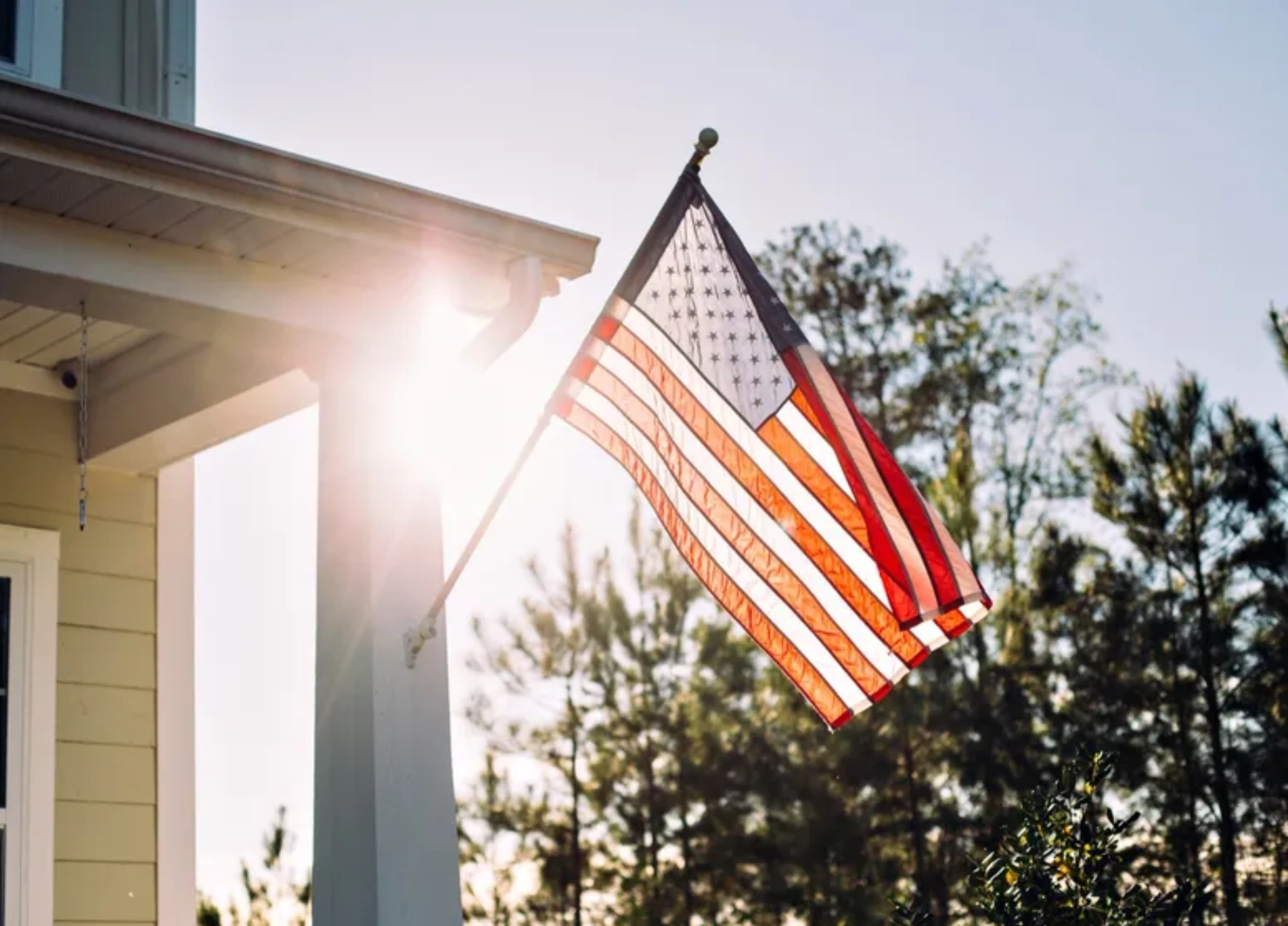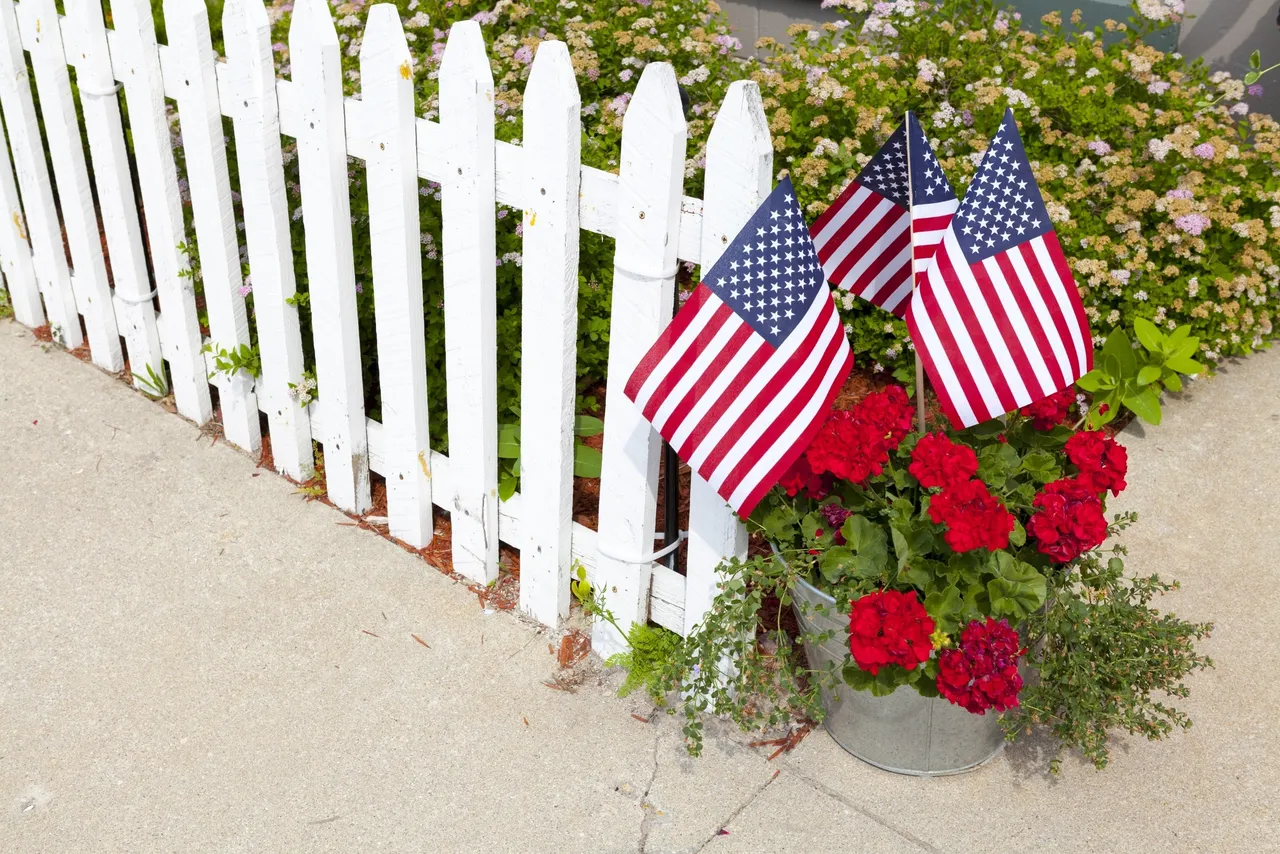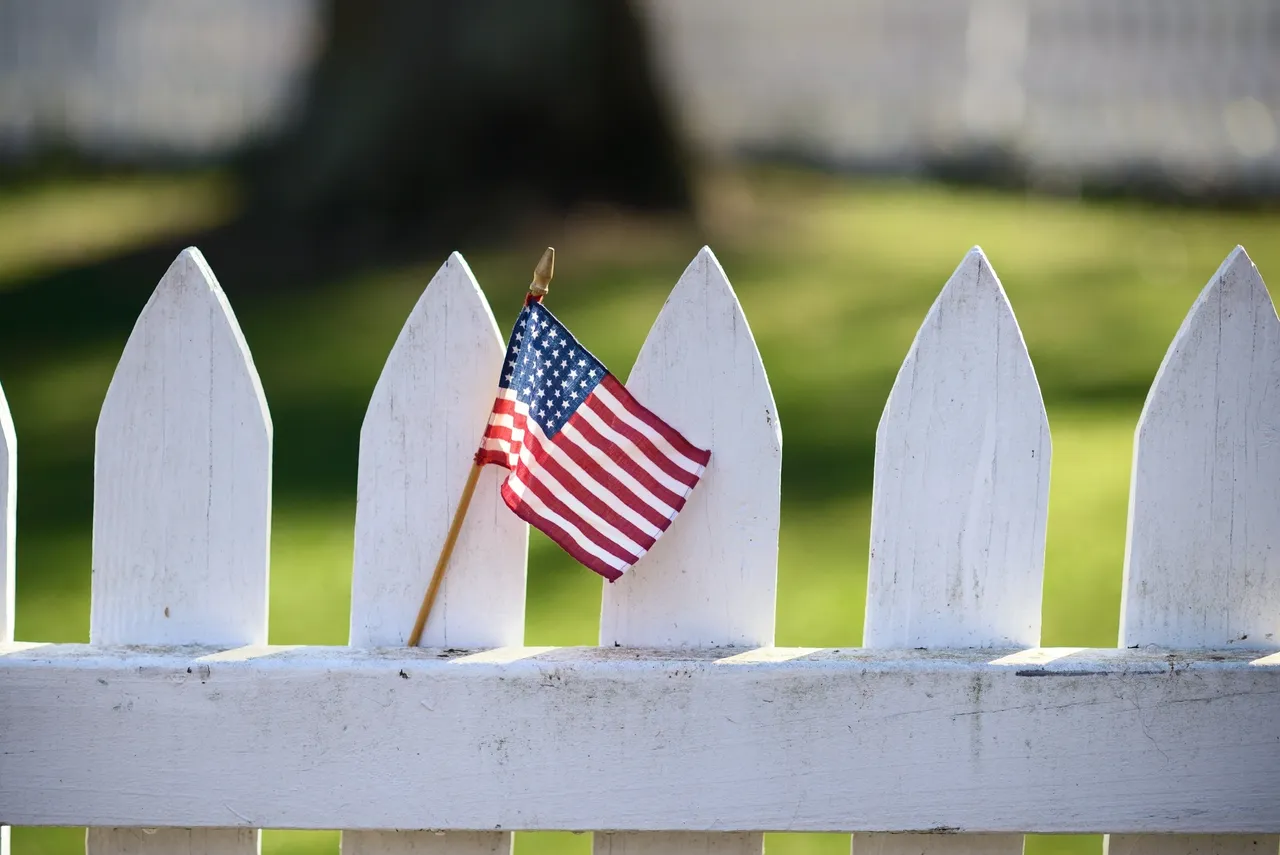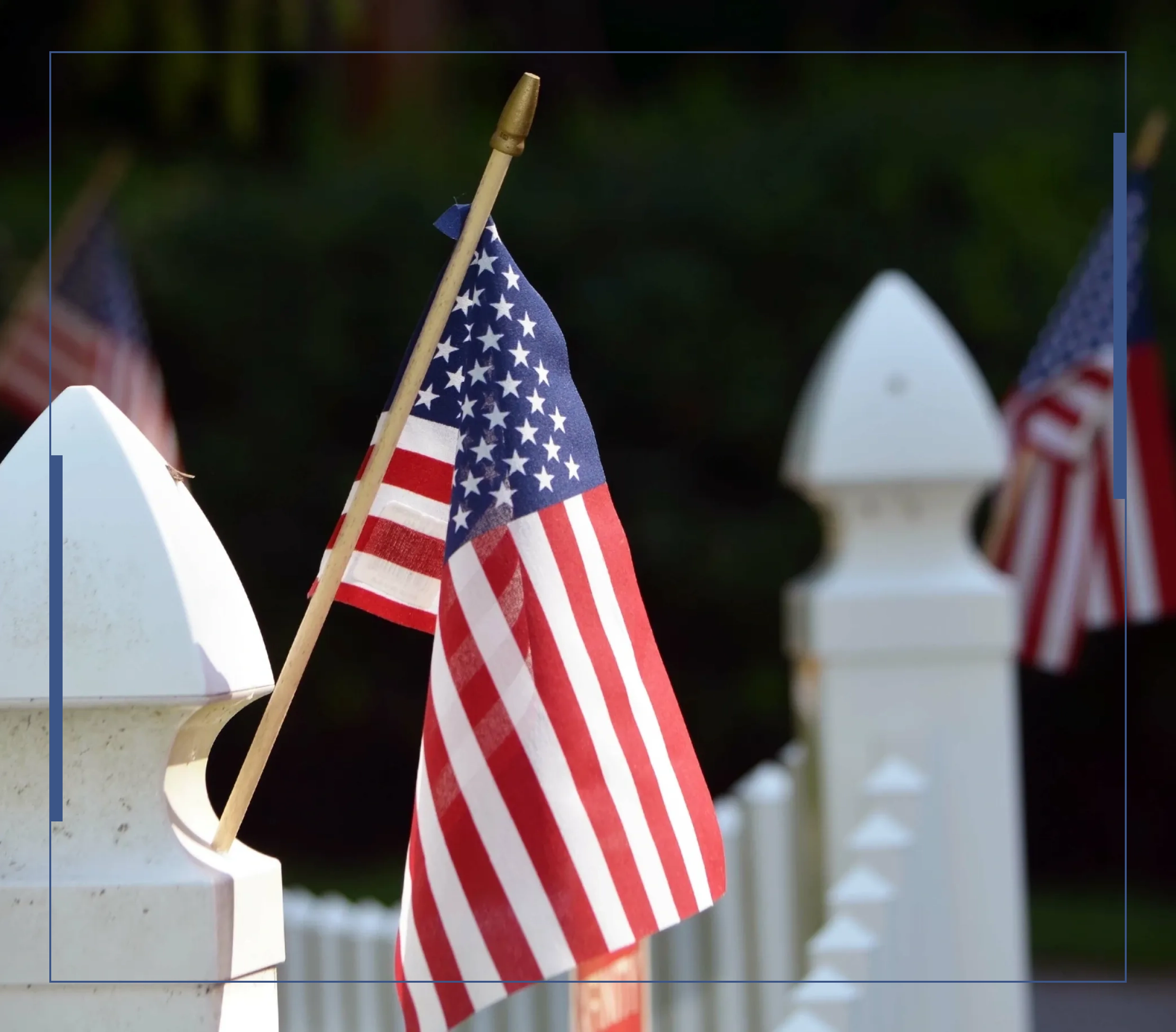Frequently Asked Questions
Please reach out to our team if you are unable to find the information you seek.
About Homeowner Associations
What Is the Purpose of an HOA?

The main purpose of an HOA is to help to keep everyone’s property values as high as possible.
The HOA maintains the common property of the community. At a minimum, this refers to entrance landscaping and signage. However, it can also include amenities such as parks, playgrounds, athletic facilities, clubhouses, community pools, etc. It can also include retention ponds, roads, gates, walking trails, etc.
To keep property values high, HOA’s usually have a minimum standard of upkeep for each vacant lot or developed lot in the neighborhood. There are usually minimum construction standards including the square footage of each building, required minimum landscaping standards, and obtaining prior approval from the architectural review committee prior to construction or changes to the exterior of any building, landscaping, or lot. These guidelines are all described in the covenants of the HOA.
The owner's association is funded by requiring annual dues paid by each member of the HOA. Membership in the HOA is almost always mandatory. If annual dues are not paid, the HOA has the right to put a lien on the property and ultimately foreclose for lack of payment. The HOA also has the right to fine members of the HOA for non-compliance with the covenants.
Unless you are willing to follow the rules of the homeowner's association, you should consider buying a property that is not regulated by an HOA.
You should read all the homeowner association's governing documents before you decide to purchase - not after you close. Once you purchase the property, you are bound by the regulations.
Examples of typical HOA covenant restrictions:
- You might not be able to store a boat or an RV on your property.
- You may not be able to erect a basketball hoop on your property.
- You may not be able to install an above-ground pool.
- You may not be able to park on the street overnight or on your lawn - ever.
- You may not be allowed to run a business out of your home.
- You might not be allowed to install the type of fence you want.
- You might not be allowed to install an outbuilding.
The governing documents should provide you with most of the answers to your questions. If you still have questions, we recommend you contact the board of directors of the homeowner's association or the HOA manager.
How Does An HOA Operate?

When you purchased your property you agreed to follow the Homeowners Association Covenants and Restrictions, bylaws, and Rules and Regulations.
This means that you have a duty to make sure your property is compliant with the governing documents at all times. In addition, it also requires you to pay the association dues. Associations dues are based on the amount it will cost on an annual basis to run the Association and for the upkeep of all common areas.
Additionally, there may be special assessments to cover unforeseen costs not included in the budget.
What does an HOA Management Company do?

The purpose of an HOA Management Company is to act as an agent of your homeowners' association corporation, whose primary role is to increase your property value and facilitate the enjoyment of your community.
Your property management company has no say in the development of your CC&Rs (covenants), Rules & Regulations, or Bylaws; they simply act to implement the guidelines set forth by your board.
Your property management company will also provide advice and guidance as you develop your community’s guidelines to ensure that you adhere to state and local laws. They should provide practical advice to ensure your board is making the decisions that best protect and enhance your community.
Your management company and property manager can show you the risks and rewards of changing your CC&Rs (covenants), Rules & Regulations, or Bylaws and provide a useful framework to develop your community in a way that serves residents today and long into the future.
Who Is Responsible For What?

The HOA management company is responsible for the exterior upkeep of common-use buildings and the community areas.
Community areas are subdivision-specific and include shared amenities such as community swimming pools, clubhouses, tennis courts, recreation areas, etc. In some cases, the HOA is also responsible for maintaining roadways, drainage systems, retention ponds, street lights, etc. Please consult your Association's CCRs for specifics about your community.
Homeowners are responsible for everything inward from interior walls, floors, and ceilings including but not limited to the A/C, plumbing, toilet replacement, and so forth. They are also responsible for maintaining their property as specified in the Associations' CCRs. Be sure to consult the CCR's for specifics about your community.
*This post does not supersede any Association's CCRs (covenants). Information contained within each Associations' CCRs shall be considered true and valid.
Things You Handle as a Homeowner
- Following all association Rules and Regulations.
- Paying association dues and assessments as well as your mortgage, utility bills, taxes, and insurance.
- Maintaining lawn and property in a neat and orderly fashion.
- Attending regular and annual board meetings.
- Getting ARC approval for architectural modifications and changes to the outside of your property before they are made.
- Picking up after your pets.
Things That Liberty Community Management Does Not Handle
- Making HOA decisions without the direction of the BOD.
- Making the HOA rules and regulations.
- Providing vendor and/or maintenance to your personal property.
- Resolving disputes or disagreements between you and your neighbors.
- Contacting animal control for roaming/nuisance pets.
- Providing legal advice.
Things That Liberty Community Management Handles
Function as your primary point of contact for the following:
- Resident Concerns: We can help you resolve concerns about your community.
- Homeowner Inquiries.
- Vendor Management for common area maintenance.
- Community Finance: Make sure bills are paid on time.
- Execute the decisions and directives approved by the Board of Directors. (We take direction from the Board of Directors).
- Enforce Covenants, Restrictions, and By-Laws.
- Provide Documents for the HOA.
- Budget preparation, provide monthly and annual financial reports.
- Document requests from members, activities, and storage of records for the HOA.
- Regular neighborhood inspections to recognize any covenant violations, send appropriate correspondence as needed.
- Violation letters, delinquency notices, assist with collections.
Where Can I Find Information About My HOA?

Liberty Community Management maintains web pages for each of the HOAs it manages. Please visit your community's HOA page for information and documents specific to your HOA.
Find My Community's Page
1. Select Associations from the top right of our website,
2. Select the correct property (not all community documents are the same).
3. Navigate to the Documents section.
As always, please reach out and let us know if you have a question or cannot find a specific document.
Liberty Community Management
38 S. Blue Angel Pkwy #136
Pensacola, FL 32506
Main Phone: (850) 462-3722 | Email: hoa@lmcfl.com
HOA Info for Communities Not Managed by Liberty Community

Are you seeking information for a Homeowner's Association that is not managed by Liberty Community? Are you considering purchasing a home in a home or condo association?
Before renting or buying a home in a covenant-enhanced community, you should be fully aware of the homeowner's association and the rules governing the community.
Florida law allows for certain disclosures to made to home buyers when purchasing a property with a homeowner association. You should always request the governing documents of any association prior to purchasing your home. Many find themselves unable to locate the appropriate documents in time as the real estate market moves so fast.
If Community Liberty Management manages the property, you will find pertinent documents on our website. Select Associations from the top right of our website, select the correct property (not all community documents are the same) and navigate to the Documents section.
Tips for Locating HOA Documents
- Check with an HOA management company. If Community Liberty Management does not manage the property and you know it is professionally managed, check with some of the other homeowner association management companies in town.
- Check with the Florida Department of State Divisions of Corporations. All associations should be registered - you can search their website here. While you will not find the documents here, you may find the contact listed as the registered agent or on the annual report. This will also show if the HOA is still active or has been dissolved and changed to inactive, as sometimes happens.
- Internet Search. Sometimes, a quick Google search will reveal an association webpage, a Facebook page, or some other public forum like that on NextDoor to allow you to contact the members of the association or Board of Directors.
- Check with the county. Check with either Escambia County or Santa Rosa County if you are searching for a homeowner's association in the Pensacola, Pace, Milton, Navarre, or Gulf Breeze areas. The county usually has a record of the governing documents.
- Homeowner's responsibility. It is ultimately the responsibility of the property homeowner to provide the buyer with HOA documents and information. If you are selling your house, check the folder the title company gave you when you bought your home to locate the documents.
What are HOA Rules and Regulations?

Your community’s Rules & Regulations are a catch-all for the things that aren’t covered in the Bylaws or CC&Rs (covenants).
These are often the rules that might need revising over time due to changes in the community. For example, an HOA might have a rule that states that no children are allowed in the community pool before noon. This rule would not be a part of the community’s CC&Rs because it might need to change seasonally, or as more children move into the community. Rules & Regulations can be changed by an HOA board vote with review by the members of the community. Traditionally, the Board will adopt a rule then send a notice to the community members who will have 30 days to review it. After 30 days, the board will review the comments and concerns of members, considering the members’ feedback in the final decision.
HOA Documents Explained
What are Covenants, Conditions, and Restrictions (CC&Rs)?

CC7Rs (covenants) are a legally binding document that is officially recorded and filed with your state.
Your CC&Rs cover the rights and obligations of the homeowners association to its members and vice versa. CC&Rs often cover legal issues, such as:
- Property-use restrictions
- Clearly defined maintenance obligations for the HOA and individual members
- Mechanisms for rule enforcement and dispute resolution
- Lender protection provisions
- Assessment obligations
- Insurance obligations
Because this record is kept on file with the state, it can be difficult to amend and requires a vote by the membership to make any changes.
What are bylaws?

The CC&Rs (covenants) cover the “what” of the HOA, the bylaws cover “how” the HOA operates.
Your community’s bylaws establish the structure of the day-to-day governance of your homeowners' association. This includes things like:
- Frequency of HOA board elections
- Process for nominating and electing new board members
- Number of members that serve at one time
- Length of board member service terms
- Meeting frequency and quorum requirements
- Duties and responsibilities of board members
Like CC&Rs, Bylaws are difficult to change, as they too require a vote by the membership to amend.
What are Use Restrictions and Maintenance Requirements?

Some of the basic use restrictions and maintenance requirements that are typically included in the CC&Rs (covenants) are the rules that determine how properties can be used within the HOA community.
A few examples include an owners' ability to rent the property, prohibitions of commercial and recreational vehicles, and strict limitations of exterior changes to the property. In addition, the CC&Rs generally include the owner's responsibility to maintain the property in good condition and repair at all times, such as removal of noxious weeds, unsightly objects, and trash cans on non-collection days. Condominium and cooperative communities may have stricter restrictions on noise, use of charcoal grills, smoking, pets, and other types of activities that can be undertaken within a property due to the proximity of one unit to the next. One of the more often litigated issues typically involves the parking of recreational vehicles on an HOA property. Many HOAs have rules that prohibit the parking of boats, trailers, and the like for more than 48 hours at a time. This sort of thing can often lead to disputes among neighbors and often puts pressure on the association's board to take action. It is not uncommon for litigation to erupt over these common restrictions resulting in unfortunate costs that are typically assessed to the community members.
What are Construction and Design Restrictions?

Another area often covered by the CC&Rs (covenants) includes requirements that govern the construction and design of an HOA property also known as construction and design restrictions.
Typically there are minimum square footage requirements, set back requirements, and sometimes even rules that govern what type of construction materials must be used. Most HOA communities have design approval requirements that include a process for homeowners to gain the approval of construction plans before they may begin construction. In most cases, there are also rules regarding landscaping, removal of trees, and construction of additional structures such as free-standing garages or gazebos.
For prospective buyers of an HOA property - it is important to understand how building requirements might impact the overall cost, design, and use of a particular property before the purchase. Failure to consider common restrictions could lead to an extremely unpleasant surprise.
What are Maintenance Fees and Special Assessments?

The CC&Rs (covenants) often give an association's board the power to charge members for community maintenance fees and special assessments.
Depending on the community rules, dues may cover landscaping, snow removal, electricity, water, and legal fees. When all community members pay, the association runs smoothly. However, sometimes members fail to pay, which forces the recovery of unpaid fees via the association's collection process. Most often, this starts with written correspondence from the association and leads to the filing of legal action against a homeowner to compel payment. When a judge grants judgment to the association, the association is given the green light to collect unpaid fees plus related fees and costs via wage garnishment or bank levies. The association may also use other standard collection procedures to satisfy the judgment, including foreclosure of the property. Most association dues are within the ordinary course; however, things get tough when the association imposes special assessments against the community members for an emergency roof repair or reconstruction of a road. For this reason, homeowners should factor in all possible estimates before buying into an HOA community. A thorough review of the language in the CC&Rs is essential. These are generally available from the county recorder's office or real estate agents.
Common Homeowner Questions
Is Participation in My HOA Mandatory?

While some homeowner associations are structured as voluntary participation, all of the homeowner associations managed by Liberty Community Management require mandatory HOA membership by homeowners.
This means you are required to be a dues-paying member of the HOA who abides by the CCRs.
While each community encourages it's homeowners to attend and participate in business meetings, annual meetings, and community events, homeowners are not required to attend.
Communicating With the Owner of Record

Why does Liberty Community Management and my HOA only communicate with the owner of record?
Owner accounts reflect the names of deeded property owners - that is property owners as recorded within public record/deed.
Due to privacy laws, non-public personal information is never disclosed. We cannot communicate with anyone regarding owner records or accounts other than the BOD, attorney, or management staff. Should you wish to allow someone other than the deeded owners to receive information, please submit a written and signed authorization.
MAILING ADDRESS:
Name of Association
c/o Liberty Community Management
38 S. Blue Angel Pkwy
#136Pensacola, FL 32506
Why do I have to submit an ARC Form?

Why do I have to submit an ARC Form? I own the property!
When you purchased your home, you agreed to part of the homeowner's association.
In doing so, you are required to get approval from your HOA's Architectural Review Committee for any changes made to your home or property as listed in the governing documents.
To obtain a blank ARC Form, refer to your Associations web page. Association pages are located at the top of this website under Associations.
Who Is Responsible For What?

The HOA management company is responsible for the exterior upkeep of common-use buildings and the community areas.
Community areas are subdivision-specific and include shared amenities such as community swimming pools, clubhouses, tennis courts, recreation areas, etc. In some cases, the HOA is also responsible for maintaining roadways, drainage systems, retention ponds, street lights, etc. Please consult your Association's CCRs for specifics about your community.
Homeowners are responsible for everything inward from interior walls, floors, and ceilings including but not limited to the A/C, plumbing, toilet replacement, and so forth. They are also responsible for maintaining their property as specified in the Associations' CCRs. Be sure to consult the CCR's for specifics about your community.
*This post does not supersede any Association's CCRs (covenants). Information contained within each Associations' CCRs shall be considered true and valid.
Things You Handle as a Homeowner
- Following all association Rules and Regulations.
- Paying association dues and assessments as well as your mortgage, utility bills, taxes, and insurance.
- Maintaining lawn and property in a neat and orderly fashion.
- Attending regular and annual board meetings.
- Getting ARC approval for architectural modifications and changes to the outside of your property before they are made.
- Picking up after your pets.
Things That Liberty Community Management Does Not Handle
- Making HOA decisions without the direction of the BOD.
- Making the HOA rules and regulations.
- Providing vendor and/or maintenance to your personal property.
- Resolving disputes or disagreements between you and your neighbors.
- Contacting animal control for roaming/nuisance pets.
- Providing legal advice.
Things That Liberty Community Management Handles
Function as your primary point of contact for the following:
- Resident Concerns: We can help you resolve concerns about your community.
- Homeowner Inquiries.
- Vendor Management for common area maintenance.
- Community Finance: Make sure bills are paid on time.
- Execute the decisions and directives approved by the Board of Directors. (We take direction from the Board of Directors).
- Enforce Covenants, Restrictions, and By-Laws.
- Provide Documents for the HOA.
- Budget preparation, provide monthly and annual financial reports.
- Document requests from members, activities, and storage of records for the HOA.
- Regular neighborhood inspections to recognize any covenant violations, send appropriate correspondence as needed.
- Violation letters, delinquency notices, assist with collections.
Barking Dogs

Most HOAs have a stipulation in the governing documents regarding barking dogs and other pets.
However, these restrictions are usually regarding the number or type of pets. Any problems with incessant barking, noise, or loose animals should be reported to your local animal control.
Please visit our Association Resources page for a list of local, county, and statewide resources.
Disputes with Neighbors - How can the HOA help?

If it is an immediate life-threatening emergency, call 911.
Most disputes with neighbors cannot be addressed by the HOA unless it is a direct CCR (covenant) violation.
However, in very select instances, the Association Manager may act as an intermediary for the dispute. Keep in mind that there is no guarantee that the contact with your neighbor may resolve the issue and you may be required to take further action.
Depending on the issue, the dispute may be more of a matter for the City, County, or State.
If you are unsure, please contact the Association Manager for guidance.
To contact your Association Manager:
- Select Associations located at the top of this website.
- Select your community from the dropdown list.
- Navigate to Contact Your Association Manager.
* NOTE: Neither the HOA nor Liberty Community Management provides law enforcement services.
How do I report a pothole?

Potholes are a bumpy subject! The best thing to do is report the problem to your Association Manager.
- Select Associations at the top of this website.
- Select your community from the dropdown list.
- Navigate to Contact your Association Manager. Please be sure to include the address or intersection closest to the pothole for faster response time.
Once notified, your Association Manager will contact the correct party to make the repair. The party responsible for the repair depends on whether the road is county-owned or privately owned. Please understand that Liberty Community Management does not make the repair, rather, we facilitate the repair by contacting the appropriate party. While we are responsible for contacting the correct party, we cannot possibly know when the responsible party will respond. If the pothole is not filled within 7 days, please send your Account Manager another note so they can follow up.
How do I report a streetlight that is out?

Streetlights are maintained by Florida Power and Light. The quickest way to report the outage is for you to contact Florida Power and Light via their website: https://www.fpl.com/northwest/residential/savings-and-energy/rebates-and-programs/outdoor-lighting/report-an-outage
You can also report the outage to your Association Manager, and they will file a report in the same manner as notated above. When contacting your Association Manager, please be sure to include the address or intersection closest to the street light, as this information is needed to file a report.
I received a violation letter. Now what?

It is the duty of the Association Board to direct Liberty Community Management to uphold and enforce all governing documents for the Association.
- First Violation: If this is your first violation, don’t take it personally. If the violation has already been resolved, just let us know -- that’s all you need to do. The resolution will be noted in your file.
- Second Violation: If this is your 2nd violation, you may be subject to fines.
- Hardship Requests: If you are experiencing a hardship that prevents you from resolving the violation, please contact your Association Manager immediately to discuss your options. We want to help you and can help you if we know that there is a problem.
In all cases, please direct all questions to your Association Manager. Please understand that Liberty Community Management does not make the rules, rather, they uphold the community covenants set forth by your association. What is a violation in one neighborhood may not be a violation in another. We are as eager as you to quickly, professionally, and confidentially resolve all matters.
If you would like to review your association's CCRs (covenants) before calling, the documentation can be obtained from your community's web page. Select Associations at the top of this website, select your community and go to the Documents section.
Frequently Asked Questions
Please reach out to our team if you are unable to find the information you seek, and we will work hard to provide it for you in a timely manner.
